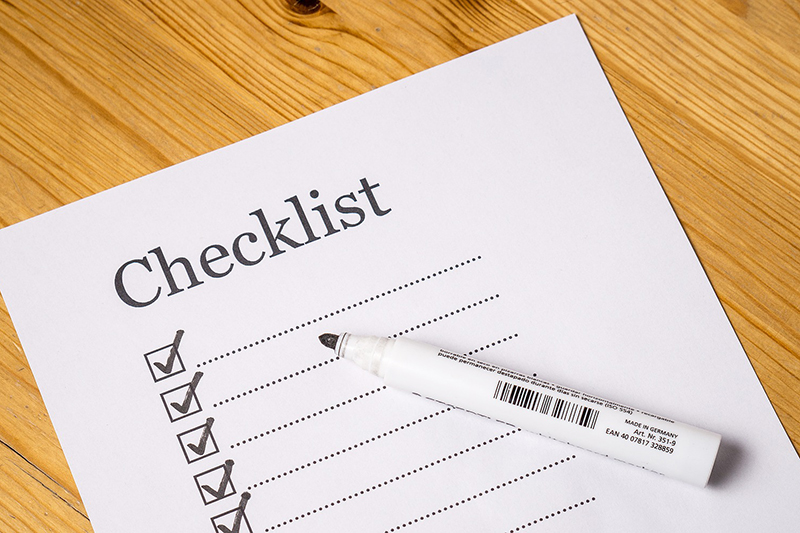
There are many styles and techniques of meditation available, but following a technique and making it work are not the same thing. The technique itself does not ensure success, just like owning a set of weights doesn’t ensure that you’ll become stronger.
But this doesn’t mean there is something wrong with the technique. As my dad used to tell me when he was coaching my brother and I to play tennis, “A poor sportsman always blames his equipment.” The problem is not so much his equipment, but his attitude towards the game.
You can’t blame the meditation if you take the wrong approach.
Meditation is such a powerful and precious practice. It helps us move beyond the chaos of the never ending thoughts, emotions and dramas that run through our mind, so we can find a deeper sense of inner peace, clarity and purpose while deepening connection with family and friends.
Unfortunately, I’ve seen many people give up before they saw the benefits, simply because they didn’t set themselves up for success in the first place.
Meditation is a training for your mind, and just like learning any other skill, there are things you can do to help you succeed. For example; if you want to become stronger and you decide you’ll start going to the gym and lifting weights, there are some things you should know before you begin that will help you succeed, such as good body posture so you don’t injure yourself, or knowing how consistently you’ll need to work out and the optimal nutrition to achieve your goals.
This post is not about teaching you how to meditate, but how to set yourself up to succeed. Here are three foundational keys to help you succeed in your meditation.
1. Consistency
Meditation works! … when we do it… Like training anything else, it takes consistent effort. Consistency is the key.
This means doing your practice regardless of how you feel about it.
When you’re feeling good meditation is easy, it seems to have a self-sustaining momentum, but meditating when you feel emotional is more challenging, and you may start to question whether you really want to do it, but these times can be extremely valuable. Meditating when you’re flooded with thoughts may not always feel like you’re doing much, but you are training your mind.
I know I’ve had times when I was frustrated or stressed and the last thing I wanted to do was meditate, but I did it anyway. Sometimes during the meditations it felt like I was wasting my time, but afterwards it was clear that in doing it, I had shifted my state, and even more so I had engaged a part of me that is bigger than the emotions.
What I’ve noticed with all the students I’ve worked with is, the ones who meditate consistently, even when they don’t feel like it, achieve success. While those who only meditate when they feel like it, have very mixed results and usually not to the degree that will make a difference in their life when they need it.
Meditation is not a magic pill… you do have to do the practice. An entire life of creating the habits of who you are, won’t be changed without some effort.
If you are serious about meditation I really encourage you to keep it consistent, even if you don’t feel like it. Schedule in your meditation, and just do it.
2. Choose a space where you will not be disturbed.
When the space we’re meditating in is not secure, meaning you might be disturbed by something or someone, we tend not to go as deep, or relax into it as much, because some part of us knows we might be disturbed.
This is increasingly important the deeper our meditations become. Have you ever been deeply relaxing and are suddenly disturbed, or shocked out of your relaxation? It doesn’t feel good!
I remember one time forgetting to turn my phone on silent when meditating. It was a deep meditation, and then the phone rang. It was extremely jarring. It was like receiving a huge fright, enough to get my adrenaline going and heart pumping. A phone ringing would not usually startle me, but when in meditation we are more vulnerable to it.
If you practice consistently you will progress and you’ll learn for yourself that you don’t want to come out of meditation too quickly. It can be very uncomfortable. If it ever happens to you, you will understand.
When meditating be sure to choose a place where you know you will not be disturbed. Turn your phone to silent. If you live with others, let them know you will be meditating so they will not walk in on you. If you’re using an alarm for timing, make sure the alarm is gentle and not too loud. I can recommend Insight Timer, it has nice Tibetan bowls and gongs, perfect for bringing you back without a jolt.
3. Don’t judge your thoughts or your performance
Through the practice of meditation, we find stillness and clarity by training our self to quiet our mind. In order to quiet our mind, we have to let go of thoughts. While this might sound obvious, we usually know what we’re supposed to do, until we’re taken by thinking, and judging is just more thinking.
It does not matter what the content of the thought is, just let it go and return to the process of the meditation. Whether you’re thinking about what you should have said in the fight you just had with your spouse, thinking about what you will have for dinner, or planning your next holiday, this is all thinking… Let it all go. There is a time for planning your dinner and your holiday, but that’s not during meditation.
We can be our own worst critic and judge our self when we have certain expectations of how we think things will go, but please understand from the beginning that your meditations may fluctuate from day to day or week to week. Some days, weeks or months will be more peaceful than others. So, let go of the thought that your meditations will be perfect and you will naturally let go of judging your performance.
…
To get started with meditation and learn the Peacekeeper Project’s Heart Space Meditation, you can gain access to a Free Course here.
If you’re serious about living life from the heart and ready to dive in, then Finding Stillness is a comprehensive meditation and mindfulness course that will teach you how to quiet your mind so you can live from the heart.
I invite you to join the community, by joining the Facebook Group, or sign up for our newsletter to receive unique perspectives, useful tips for meditation and mindfulness, and updates for classes, courses and events.



